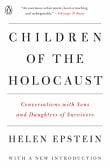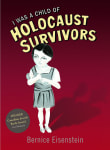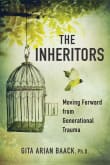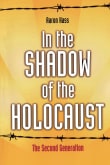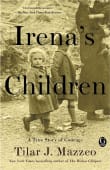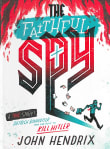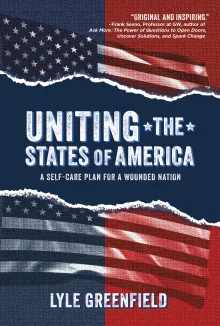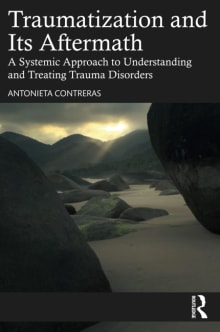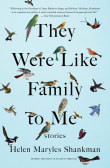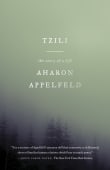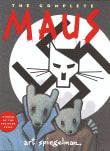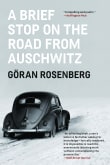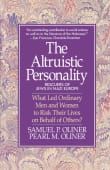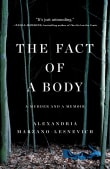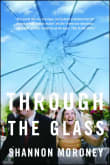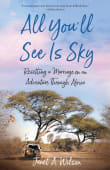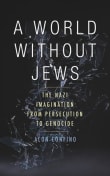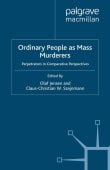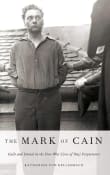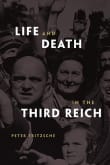Survivor Café
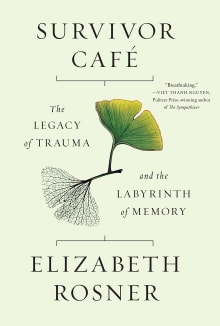
Book description
As featured on NPR and in The New York Times, Survivor Cafe is a bold work of nonfiction that examines the ways that survivors, witnesses, and post-war generations talk about and shape traumatic experiences.
As firsthand survivors of many of the twentieth century's most monumental events―the Holocaust, Hiroshima, the Killing…
Why read it?
4 authors picked Survivor Café as one of their favorite books. Why do they recommend it?

I loved how this book is a memoir and research into trauma that affects people their whole lives. Through conversations and interviews, Rosner tells the story of the holocaust and its psychological effect on those who survived and those whose relatives perpetrated or witnessed the horrors.
I like that she looks into PTSD that many suffer from and how she states that horrors or abuse have to be acknowledged to be healed.
From Karen's list on weave real life crime with memoir.

Back in the late ‘80s, I was at a small gathering of daughters of Holocaust survivors and next to me sat Elizabeth Rosner. As we each said something about our family’s history, Liz read a poem about her survivor father that vibrated with such resonance with me, and I knew I was in the presence of a gifted writer. Rosner went on to publish poetry and novels, and in this work of non-fiction that is lyrically and evocatively written, she confronts personal history and its aftermath while also exploring similar legacies of descendants of other atrocities that have left their…
From Marta's list on with impact on the daughter of Holocaust Survivors.

We should begin to focus as well on the aftermath of the Holocaust. In this acclaimed book, part history, part memoir, Rosner excels at quilting together a tragic story of trauma and recovery. While she explores her parents' history during the Holocaust, she weaves in other events such as 9/11, Hiroshima, and Syria. We learn about the study of epigenetics: that trauma not only affects emotions and thoughts, it invades physical bodies and is passed on to the next generation in our DNA. You won’t look at trauma the same way again.
From Tara's list on the Holocaust: before, during, and after.
If you love Survivor Café...

Rosner offers us a smorgasbord of disparate, yet connected essays of varying lengths, including stories, anecdotes, snippets of memoirs, and musings, tied together by the human experience of trauma. As a child of survivors, Rosner uses some images from her own family’s experiences in the Holocaust, but also weaves in stories, writings, observations, and meetings with other victims of trauma – and their descendants. In my long career in international schools in 6 countries, I have met survivors of trauma-or their descendants- from Vietnam, Cambodia, Armenia, China, and from African-Americans and Native Americans in the USA. It is uncanny to…
From Ettie's list on intergenerational trauma after genocides.
If you love Survivor Café...
Want books like Survivor Café?
Our community of 12,000+ authors has personally recommended 100 books like Survivor Café.

